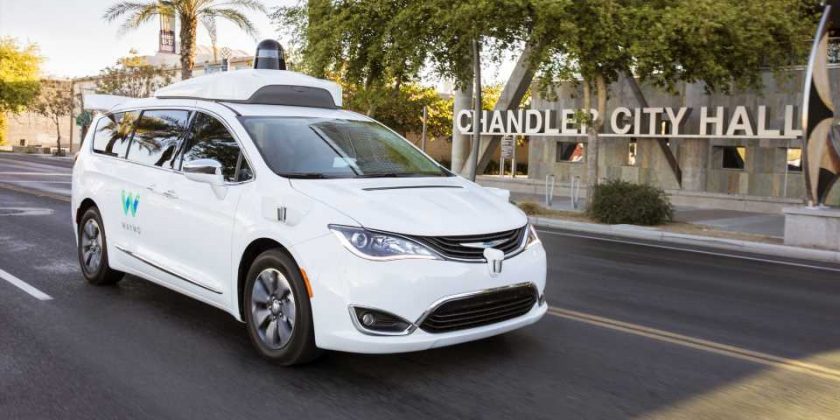Eight states and nine self-driving developers and carmakers announced this week that they would participate in a nationwide testing program designed to showcase the autonomous cars’ development and make public the routes and information gathered during testing.
Federal authorities with the NHTSA and Department of Transportation announced the agreement Monday.
“Through this initiative, the department is creating a formal platform for federal, state, and local government to coordinate and share information in a standard way,” U.S. Transportation Secretary Elaine L. Chao said in a statement.
California, Florida, Maryland, Michigan, Ohio, Pennsylvania, Texas, and Utah were the first eight states announced as testbeds for the AVs. Many of those states already offered limited testing on public roads. Notably absent is Arizona, where Uber tested its self-driving car technology in and around Phoenix. In 2018, an Uber development vehicle fatally struck a pedestrian in a suburb of Pheonix at night, temporarily halting that company’s development and raising questions about AV testing regulation and public awareness.
Uber, along with Beep, Cruise, Fiat Chrysler Automobiles, Local Motors, Navya, Nuro, Toyota, and Waymo, were the nine companies that initially signed on to the self-driving agreement. It’s unclear if those companies will be required to share their test information with each other through the initiative. Federal officials said the participating companies could share route information, map data, and dates through the federal website created for the initiative.
Currently, states have a patchwork of regulations for autonomous vehicle testing. In February, Congress approved its first autonomous vehicle exemption, but largely has stalled in passing a comprehensive federal bill detailing how the nation’s roadways may open up to self-driving cars and autonomous testing. Lawmakers largely disagreed on congressional and states’ roles in determining how to regulate self-driving cars, and to what extent Congress should consider cybersecurity threats in its regulations.
Source: Read Full Article
